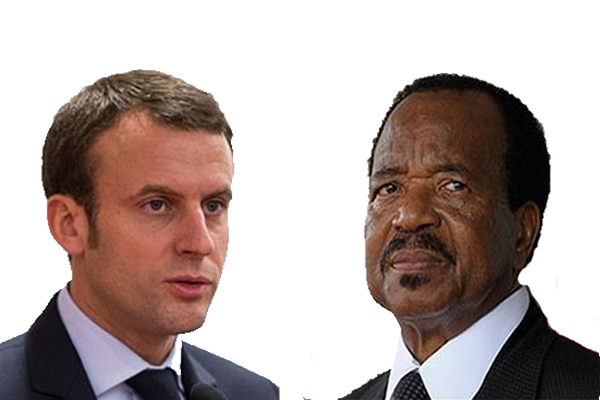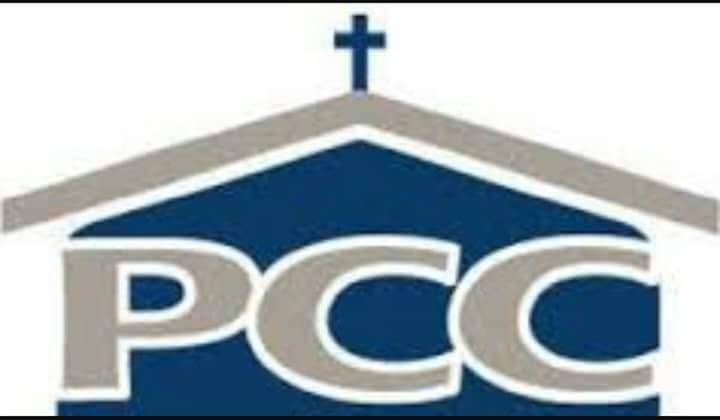Bertrand Tatsinda Urges Biya to Retire, Blasts Power Imbalance in Cameroon’s Government
By Andre Momo
Outspoken political commentator Bertrand Tatsinda has become the latest public voice to challenge the logic of President Paul Biya’s continued rule. Speaking during a recent panel on Vitrine 237, a prominent political affairs program, Tatsinda delivered a searing critique of the state of governance in Cameroon, warning that the system has become dangerously unbalanced and functionally hollow.
“If I were among President Biya’s advisers, I would respectfully urge him to consider retirement. It’s difficult to understand why he would seek another seven-year mandate,” he said bluntly”
Tatsinda’s statement, delivered with both clarity and controlled frustration, has quickly gone viral, resonating with a population long fatigued by over four decades of centralized rule and stagnant political institutions.
An Empty Chair and a Hollowed System
At the core of Tatsinda’s critique is the erosion of the Cameroonian executive structure. He argues that the Prime Minister’s role has become ceremonial, reduced to public appearances and symbolic duties:
“We’ve seen the Prime Minister progressively sidelined, stripped of real power, reduced to cutting ribbons and laying foundation stones.”
Indeed, many political observers note that Prime Minister Joseph Dion Ngute, like his predecessors, exercises limited influence over national policy. The real decisions, they argue, are concentrated in the Presidency, particularly in the hands of powerful unelected officials.
Chief among them is Ferdinand Ngoh Ngoh, Minister of State and Secretary-General at the Presidency — a figure often regarded as de facto head of state in Biya’s long absences from public life.
“At the Presidency, the Minister of State and Secretary-General seems to have taken over the key functions, acting as though he’s running the country,” Tatsinda noted, highlighting what many believe is a dangerous trend toward shadow governance”
The Silent Crisis of Succession
Tatsinda’s remarks come at a time when questions about succession, legitimacy, and constitutional order are becoming increasingly urgent. At 92 years old, Biya remains one of the world’s oldest and longest-serving heads of state. Yet, there has been no clear transition plan, no grooming of credible successors, and no national conversation about the future.
Instead, power appears to be quietly consolidating within an inner circle around the presidency — a network of loyalists and technocrats that operates with little transparency or accountability.
“Cameroon is not being governed. It is being managed — and poorly,” said one Yaoundé-based political analyst, speaking anonymously due to fear of reprisal”
Fear, Fatigue, and a Fraying System
Tatsinda’s statement stands out not just for its boldness, but for its unusual candor on a public platform inside Cameroon — a country where media and dissent are tightly controlled. It reflects a growing sense of elite frustration within even the Francophone intelligentsia.
While Anglophone Cameroonians have long decried the centralized, autocratic nature of the state, this kind of critique from a Francophone voice, aired nationally, suggests that discontent is widening beyond regional grievances.
Yet, despite these warnings, the Biya regime remains unmoved. The President is officially on the ballot for the October 2025 elections, and the ruling CPDM continues to mobilize its machinery in support of another term.
A Country on Autopilot?
Bertrand Tatsinda’s intervention is more than political commentary — it is a diagnosis of a failing state structure. A Prime Minister reduced to ceremony. A presidency run by unelected aides. A head of state who is largely absent from public life, yet remains the face of power.
“Why seek another seven-year mandate?” Tatsinda asked.
The better question may be: Who is truly in charge of Cameroon — and for how much longer can this charade last?





